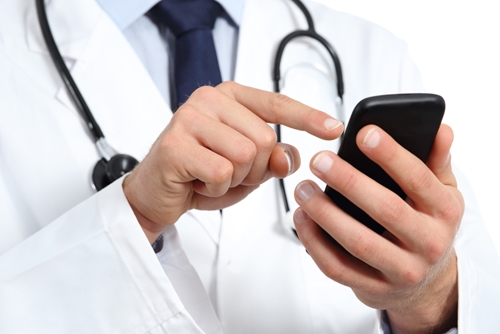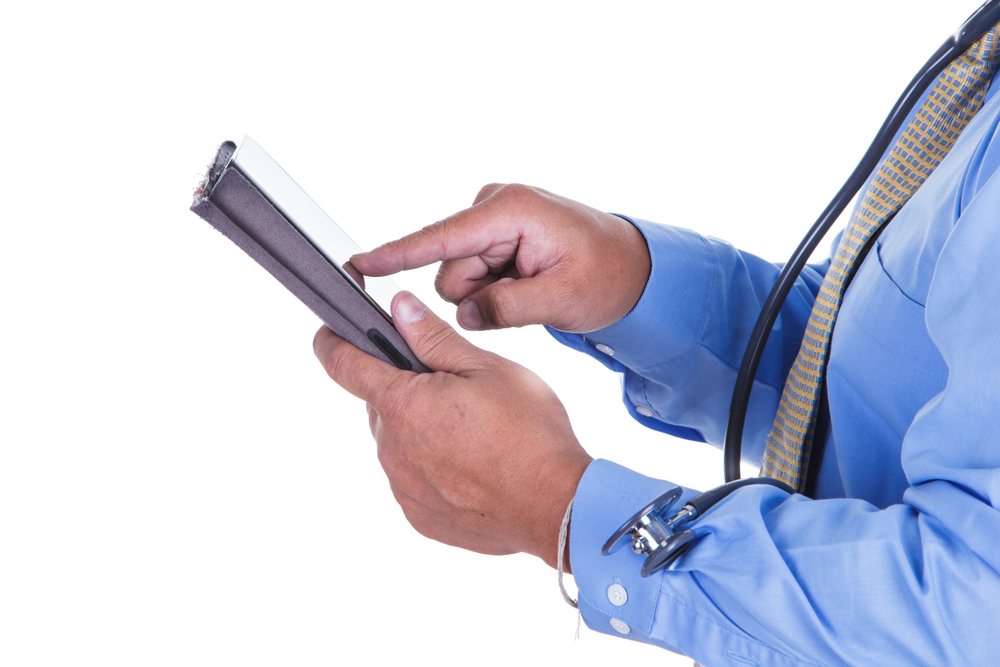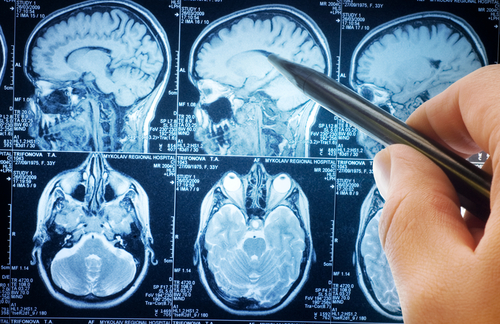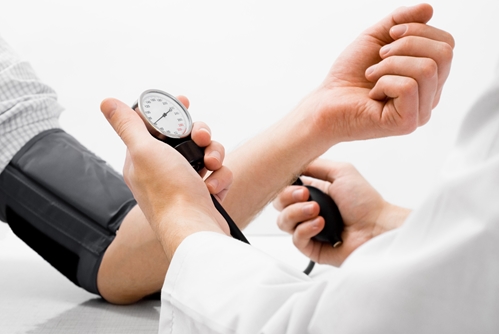
Study finds orthopedic surgical outcomes rely on patient activity levels
A recent study conducted by researchers at Washington State University and published in the Journal of the American Academy of Orthopaedic Surgeons found that an orthopedic surgery patient's recovery outcome reflects his or her pre- and post-operative levels of participation in physical activities.

EHR software can modernize the clinical trials process
When working to meet the stringent requirements of stage 2 meaningful use, orthopedic doctors and other physicians are implementing electronic health record software.

EHRs more useful and secure than paper records
There are many reasons why EHR programs are more useful and secure than traditional paper records.

How CME integrated into EHRs can cut costs, improve care quality
Regardless of clinical specialties, all health care providers have been tasked to reduce medical expenses and bolster quality of care.

Growth of lacrosse means more orthopedic injuries among young athletes
Many children enjoy organized sports every day as a way to stay in shape, train their bodies and blow off steam.

EHR training proves to be crucial
Bradley Healthcare and Rehabilitation Center in Tennessee experienced issues with delayed Medicare claims due to an inadequate amoount EHR training for its staff, according to the Cleveland Banner.

Massachusetts leads the charge in EHR adoption
The adoption of electronic health records has been sparked by federal mandates like meaningful use and the EHR incentive programs, both of which came from the U.S. Centers for Medicare and Medicaid Services,

Physicians and patients can benefit from easier-to-use EHR interfaces
By increasing the accessibility and ease of using EHR software, physicians can provide better care.

EHRs keep patients and doctors connected on the go [VIDEO]
These days everyone is on the go - and that includes doctors. Patients want to be able to have access to their doctors without having to make an appointment, especially if they have important questions about their medications.

Activity level a reliable indicator of orthopedic surgical outcomes
As much as any other physician, orthopedic surgeons want to keep patients safe from complications before, during and after any surgical event.

CMS meaningful use audits are in full swing
Because so many hospitals and physicians are using EHRs and taking advantage of incentives, the CMS is performing audits to ensure that federal money is being spent properly, while independent sources are conducting studies regarding upcoding.

EHRs and mobile devices help build collections of metadata
Electronic health care records and software in combination with mobile devices can provide data about specific populations and help the U.S. provide better social services.

EHRs outshine traditional clinical trials [VIDEO]
Doctors rely on clinical trial results to get the information they need to help treat patients. Getting this data can sometimes take years - but what if there was a better way? According to a new study, EHRs can get doctors access to clear, organized data in much less time.

Report suggests most hospitals are now sharing data
Some critics see big data as a meaningless buzzword when it comes to health care, but many experts believe that the Centers for Medicare and Medicaid Services will emphasize participation in health information exchanges during stage 3 of the meaningful use program.

Pathologists, EHRA push for more meaningful use flexibility
Another day for the health care industry means that another group of physicians has fallen on hard times within the meaningful use program.

Study shows orthopedic surgery is safer for patients over age 80
A new study shows that a growing number of U.S. patients age 80 and older are choosing to have orthopedic surgery, and that orthopedic surgeries are becoming safer for these seniors.

Showing physicians EHR benefits may increase adoption rates
By making more physicians aware of the incentives involved with EHRs, adoption rates in the U.S. may increase even more.

Study proves EHRs can identify patients with undiagnosed hypertension
Northwestern Medicine researchers conducted a study that found the reviewing of electronic health records and utilization of algorithms can identify patients with undiagnosed hypertension at a high accuracy rate.
